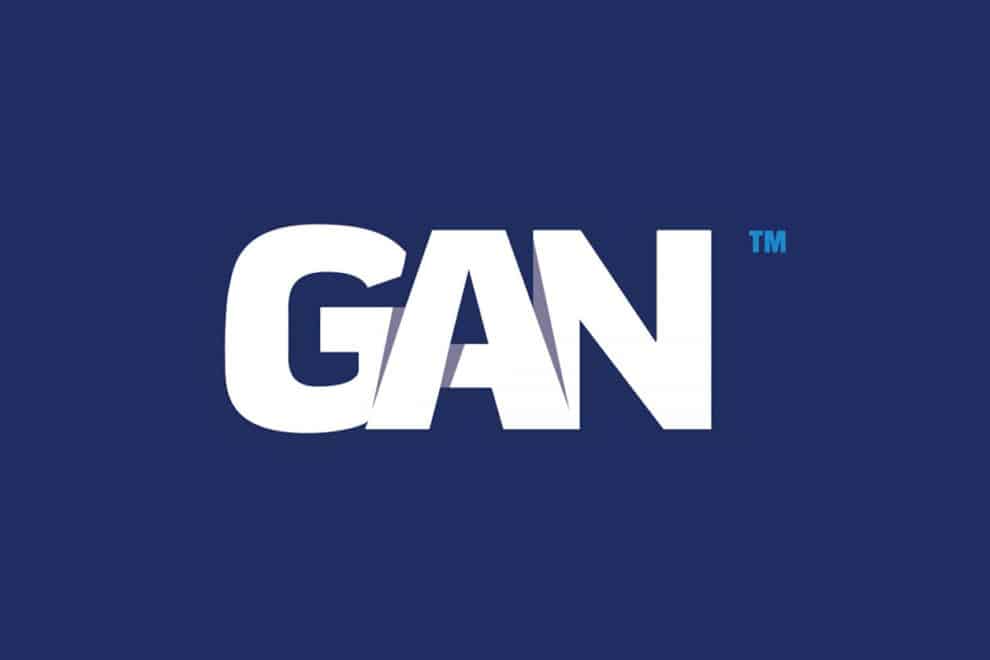
- NASDAQ listed GAN is a gaming technology provider that has worked on the ‘plumbing’ for US sportsbook clients for several years.
- They recently completed the purchase of European based sports betting platform ‘Coolbet’.
- The first integration of the Coolbet platform in the US is slated for Virginia.
GAN is a company that might not immediately ring a bell for sports bettors but they’ve been very active ‘under the hood’ for a number of US sports betting clients. For example, in 2018 they designed the integration between IGT’s sports betting platform and Paddy Power Betfair’s pricing, trading and risk management solutions along with a user interface designed by the FanDuel team. It’s the kind of thing that needs to be done for just about every new implementation of software in US sports betting but not one that necessarily grabs all of the headlines.
They’ve got their eye on a bigger piece of the US market and as part of that they recently completed the purchase of a European based sportsbook platform called ‘Coolbet’. ‘Coolbet’ serves as a direct to consumer brand in Europe, Canada and Latin America but GAN has designs on using the platform to transition into a ‘BtoB’ provider of ‘software as a service’ for sportsbook clients. The amazingly named chief executive of GAN, Dermot Smurfit, had this to say when the deal closed in early January:
“The completion of the Coolbet acquisition brings together two best-in-class offerings in the iGaming space today, and makes a powerful combination by creating a fully-integrated offering, customizable for each client’s needs.We have already started to welcome the Coolbet team of over 175 employees and engineering talent to our organization and expect the integration process to be seamless.Over the last few weeks,the GAN and Coolbet teams have spent significant time together outlining our exciting future and have grown even more confident in the numerous revenue synergies that we see across both platforms. We look forward to leveraging one of the most complete solutions in our industry both domestically and internationally, and believe our growth platform is well positioned to drive long-term shareholder value.”
GAN has wasted no time putting the new platform to work. Late last week they announced that they had signed the first ‘letter of intent’ with an existing client for the new sports betting platform to be deployed in the state of Virginia. As is usually the case with this sort of thing, the LOI is non binding and contingent on the for now unnamed client being licensed and Virginia and unspecified other factors. Here’s what the not quite as amazingly named Chief Commercial Officer of GAN, Jeff Berman, had to say about the announcement:
“Since we announced our acquisition of Coolbet in November, we have seen significant interest from both current and prospective clients in our newly acquired sportsbook engine and associated managed trading services. Principle integration of this new offering into our industry-leading B2B technology platform is now underway and expected to be operationally deployed here in the U.S. with the expected launch of online sports wagering in the Commonwealth of Virginia. We are excited to further expand our relationship with this current partner, which has applied for an Internet sports betting license in the Commonwealth of Virginia, citing GAN as their nominated platform provider. This agreement further validates our strategic decision to expand our platform capabilities through the acquisition of Coolbet. We look forward to the exciting opportunities we expect to see in 2021 as we bring our augmented platform solution into the U.S. market that now includes one of the best sports betting technologies and end user customer experience operating in the world today.”
BTW, I guess I need to disclose that I’m a GAN shareholder. On a macro level, I really like investing in companies like GAN that provide the less glamorous ‘under the hood’ services for the growing US sports betting market. It’s a strategy I ripped off from the early days of the Internet’s penetration into US consumer and business culture–instead of trying to pick the winners and losers many investors focused on companies like Akamai that laid the ‘plumbing’.









